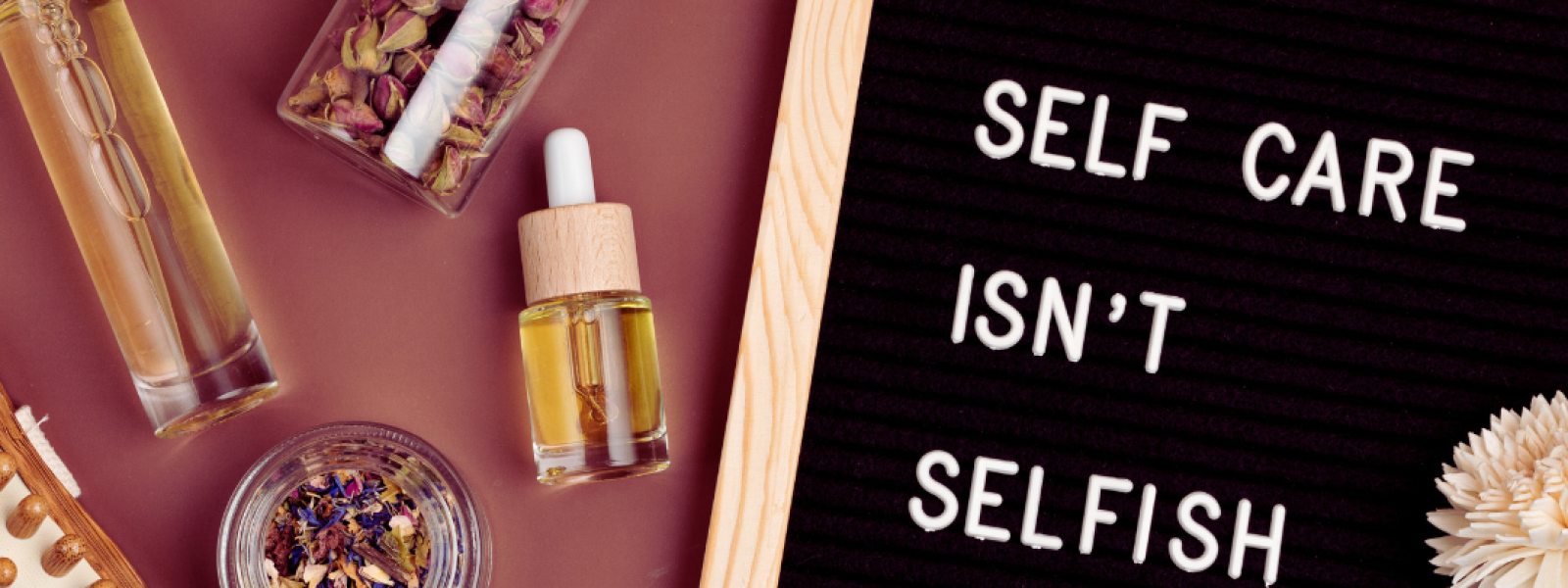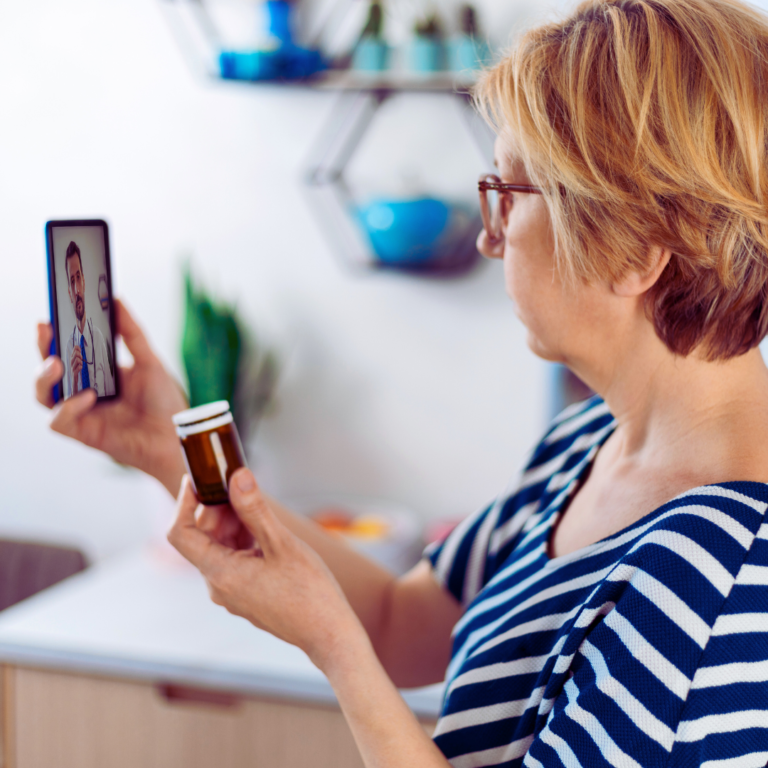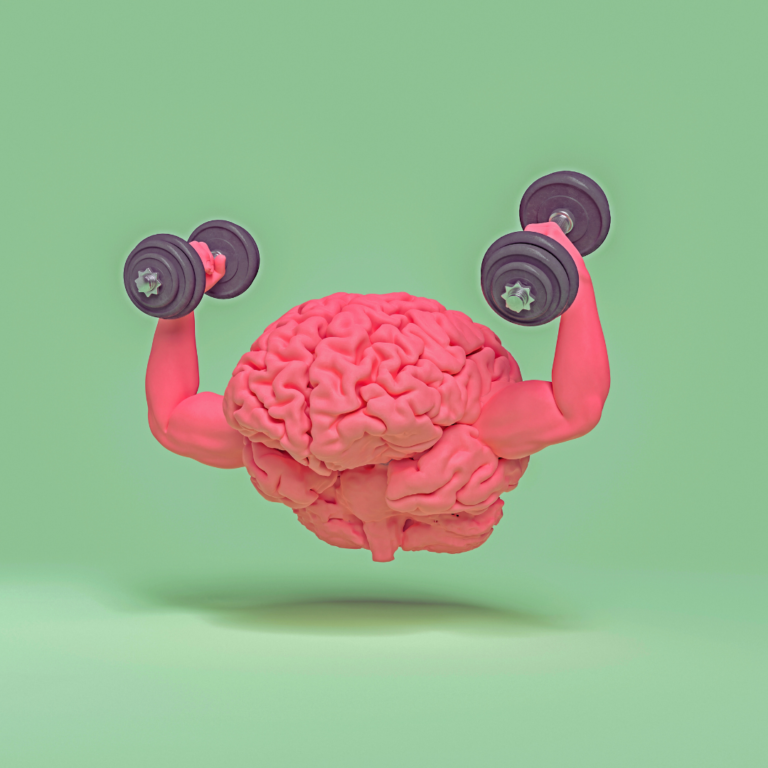In today’s fast-paced world, prioritising emotional health is more crucial than ever. Engaging in self-care rituals tailored to individual needs can significantly enhance overall wellness and resilience against stress. Simple practices such as mindfulness, journaling, and regular physical activity serve as effective tools for maintaining emotional balance.
Establishing a consistent routine of self-care not only nurtures one’s mental well-being but also fosters a deeper understanding of personal emotions. Incorporating activities that bring joy and relaxation can help reduce anxiety and provide a safe space for reflection.
By exploring various self-care rituals, individuals can discover which practices resonate most with them, paving the way for a more fulfilling and emotionally healthy life. Prioritising these rituals can transform how one navigates life’s challenges and enhances the overall quality of life.
Establishing Your Self-Care Foundation
The foundation of self-care is crucial for maintaining emotional health. By understanding its significance, developing a personalised routine, and ensuring consistency, individuals can foster resilience and well-being in their daily lives.
Understanding Self-Care and Its Importance
Self-care involves intentional actions that promote physical, emotional, and mental health. It is vital for reducing stress, preventing burnout, and enhancing overall quality of life. Self-care rituals can vary from person to person, encompassing activities such as meditation, exercise, and leisure hobbies.
Recognising the importance of self-care encourages individuals to prioritise their needs. Engaging in regular self-care practices can lead to improved emotional resilience, greater self-awareness, and a healthier mindset. Individuals should view self-care not as a luxury but as a necessary component of their everyday routine.
Creating a Personalised Self-Care Routine
A personalised self-care routine is instrumental in making self-care effective. It should reflect individual preferences, lifestyles, and emotional needs. To create a suitable routine, individuals should start by identifying the activities that bring them joy and relaxation.
Consider using a simple table to outline potential self-care activities:
| Activity Type | Examples |
| Physical | Yoga, jogging, walking |
| Mental | Reading, puzzles, journaling |
| Emotional | Talking with friends, professional therapy |
| Leisure | Painting, gardening, cooking |
Experimentation is essential. Individuals should try different activities to find the best fit for their unique circumstances.
The Role of Consistent Self-Care
Consistency is key to reaping the benefits of self-care rituals. Regular engagement in self-care fosters habit formation, making it easier for individuals to integrate these practices into their lives. Establishing a routine that includes specific self-care rituals can support emotional stability.
Setting reminders or scheduling self-care time can be effective techniques for maintaining a consistent practice. For instance, dedicating 15 minutes daily to meditation or a favourite hobby can significantly enhance emotional well-being.
Incorporating self-care rituals consistently can lead to long-term positive outcomes, including improved mood and increased emotional resilience.
Practical Self-Care Activities
Engaging in practical self-care activities can significantly enhance emotional health. These activities focus on physical movement, mindful practices, and relaxation techniques, providing a well-rounded approach to self-care.
Physical Activities for Emotional Well-Being
Physical activity plays a crucial role in improving emotional health. Engaging in exercise like jogging, cycling, or swimming releases endorphins, improving mood.
Yoga combines physical postures with breath control, reducing stress and promoting mindfulness. Practising yoga can help individuals feel grounded and more in tune with their bodies.
Nature walks also have significant benefits. Spending time outdoors, surrounded by greenery, can lower anxiety levels and foster a sense of peace. Incorporating walks into a daily routine can provide a refreshing break and stimulate feelings of happiness.
Mindful Practices to Enhance Mental Health
Mindful practices can effectively reduce stress and improve emotional clarity. Meditation, particularly mindfulness meditation, encourages individuals to focus on the present. This practice helps in recognising thoughts without judgment, promoting a calm state of mind.
Incorporating deep breathing exercises can further enhance these effects. Simple techniques, such as inhaling for a count of four and exhaling for a count of six, can activate the body’s relaxation response.
Regularly engaging in these mindful practices fosters a greater awareness of emotions, allowing for healthier responses to stressors.
Nurturing Emotional Resilience Through Relaxation
Relaxation techniques are essential for nurturing emotional resilience. Techniques such as progressive muscle relaxation encourage individuals to consciously relax their muscle groups, alleviating tension.
Creating a routine with relaxation practices can include activities like listening to calming music or engaging in guided imagery.
Additionally, setting aside time for hobbies, whether gardening or painting, allows for personal expression and relaxation. These activities provide an emotional outlet and promote a more balanced state of being.
Integrating Emotional Health into Daily Life
Incorporating emotional health into daily routines can significantly enhance well-being. Engaging in specific practices such as journaling, cultivating joy, and establishing healthy boundaries can lead to improved emotional balance.
The Impact of Journaling and Gratitude
Journaling serves as a powerful tool for emotional expression. By documenting feelings and experiences, individuals can gain insight into their thoughts and behaviours.
A gratitude journal is particularly effective in fostering positivity. Writing down three things they are grateful for each day can shift focus from negative to positive experiences. This simple practice enhances emotional resilience and promotes a more optimistic outlook.
Regular self-reflection through journaling helps in identifying patterns, encouraging personal growth, and facilitating emotional processing. It allows individuals to articulate their feelings, leading to greater self-awareness and emotional clarity.
Cultivating Joy and Inner Peace
To cultivate joy, individuals can integrate small, pleasurable activities into their daily routines. Simple actions such as spending time in nature, pursuing hobbies, or connecting with loved ones can significantly uplift mood.
Mindfulness practices are also essential for fostering inner peace. Techniques such as meditation or deep breathing exercises can help individuals centre themselves, reducing anxiety and promoting calmness. Even five minutes of mindfulness daily can make a substantial difference.
Creating a joyful environment is crucial too. Surrounding oneself with positive influences, such as uplifting books or music, can enhance mood and support emotional well-being.
Building Healthy Boundaries
Establishing healthy boundaries is vital for maintaining emotional balance. Individuals must learn to say no when necessary, protecting their time and energy. This prevents burnout and fosters healthier relationships.
Effective communication is key to setting boundaries. Clearly articulating needs and limits helps others understand and respect personal space.
Self-care is also integral in this context. Individuals should prioritise their well-being by regularly engaging in activities that nourish their minds and spirit. Balancing personal and professional obligations can lead to a more fulfilling and emotionally balanced life.
Advanced Strategies for Enhanced Well-Being
Incorporating advanced strategies into self-care practices can significantly enhance emotional health. By utilising the benefits of nature, aromatherapy, and a holistic approach, individuals can foster mental wellness and emotional regulation.
Harnessing Nature and Aromatherapy
Spending time in natural environments can effectively reduce stress levels. Research indicates that natural exposure lowers cortisol, the stress hormone. Activities such as hiking or simply walking in a park can cultivate a sense of calm.
Aromatherapy complements this by utilising essential oils to influence mood and emotional states. Lavender and chamomile are known for their calming properties, while peppermint can invigorate. Diffusing these oils, applying them topically, or adding them to baths creates an immersive sensory experience, enhancing relaxation and mental clarity.
Mental Wellness and Emotional Regulation
Developing skills in emotional regulation is crucial for mental wellness. Techniques such as mindfulness and meditation encourage awareness of thoughts and feelings. This allows individuals to respond thoughtfully rather than react impulsively.
Cognitive-behavioural strategies may also be employed. Keeping a gratitude journal helps to focus on positive experiences, and gradually shifting mindset. Learning to reframe negative thoughts can mitigate anxiety and foster a more balanced emotional landscape.
Adopting a Holistic Approach to Self-Care
A holistic approach encompasses physical, emotional, and spiritual aspects of well-being. Incorporating routine exercise promotes physical health, which directly impacts the emotional state. Yoga and tai chi combine movement with mindfulness, supporting both physical fitness and mental clarity.
Additionally, spiritual self-care practices, such as journaling or engaging in community service, can provide a deeper sense of purpose. It’s essential to tailor self-care rituals to personal needs, focusing on what nurtures the Spirit and fosters resilience. Creating a balanced self-care plan enhances overall emotional health.




